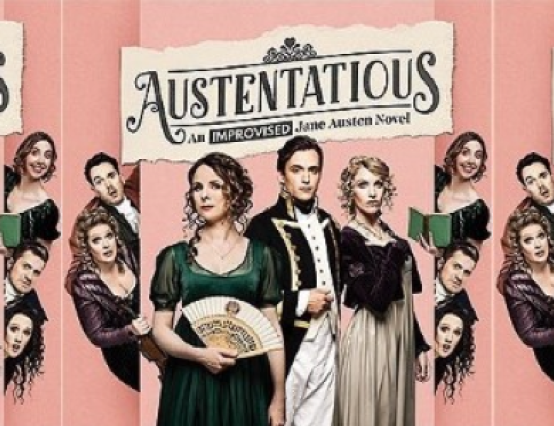Are our laws the equivalent of our moral code? Before Covid-19, many would agree that they are. People might have viewed the law as a social contract we are all obliged to follow. But if this pandemic has shown us anything, it has shown us that the government is not only fallible, but downright contemptuous at times. Not only mistaken, but blatantly incompetent. When the legal guidelines change so frequently, are our morals expected to do likewise?
The first stance to take is the binary one of viewing the law as black and white. This argument would propose that only by following government rules, regulations, and advice to the letter are you morally exemplary. Anything which breaks coronavirus restrictions would thus be unethical.
The next stance might consider the difference between legislation and guidelines to a greater degree. Many of our current coronavirus measures are not in fact legally enforceable. This means that while the police have powers to disperse crowds and issue fines, much of what goes on behind closed doors cannot be prosecuted. Perhaps this differentiation distinguishes between what is moral and what is not. Arguably, following the law helps to keep everyone safe, whereas following guidelines helps more to keep your personal circle safe. This might mean that you can remain moral while breaking guidelines, provided that everyone you come into contact with is aware of the consequences of doing so. However, along the same logic, this would mean that breaking the law places wider society in danger and is thus morally compromising.
You might consider this argument through the lens of consent. If a group has, with full awareness of the situation, together agreed to break coronavirus restrictions, and if everyone they subsequently come into contact with is also aware of these circumstances, then everyone is consenting to the risk. This means the group might feel they are acting within their ethical boundaries. However, if that same group puts other people, those outside their social circle, in danger, for example by refusing to wear masks on public transport, then they are endangering those who have not consented to the risk. This would still be considered immoral even within this more flexible view of morality.
The final stance considers morality completely separately to legality. This would suggest that people have so little faith in the constantly fluctuating decisions of the government that they no longer trust their judgement altogether. This might mean they decide to self-isolate even when they legally are not required to. This might mean they choose not to go to restaurants when they open. It might even mean they continue to wear masks in a post-Covid world. This cautious approach could not be considered immoral in any light, but it might be deemed unnecessary by many.
Yet even this approach is not as simple as it seems. Some people might choose to act in a way which they deem safe rather than in a way which the government deems safe. This might involve refusing to go to restaurants but meeting in groups of seven people, or hugging a family member before it was advised yet isolating for a week before that date. Would this be considered immoral, or merely a measured risk?
The pandemic has proven that morality is not homogenous. Your friends and family may have very different views on what is ethical and what is not. And we have all struggled to decide over the past eighteen months not only what is best for us, but also what is best for our community. The question of social responsibility has certainly raised some debates.
It seems problematic to assert that the law should be our inflexible, uncompromising moral code in the world we currently live in. This does not mean, however, that we should cease to have moral concerns. It is not the place of this article to dictate which ethical stance is superior. But this article does urge you to consider which system you have been living by over the last few months. Is that system a choice, or have morals been forgotten in the face of altruism...









0 Comments